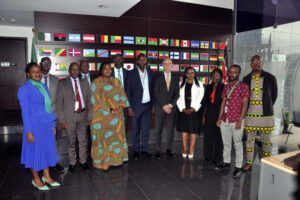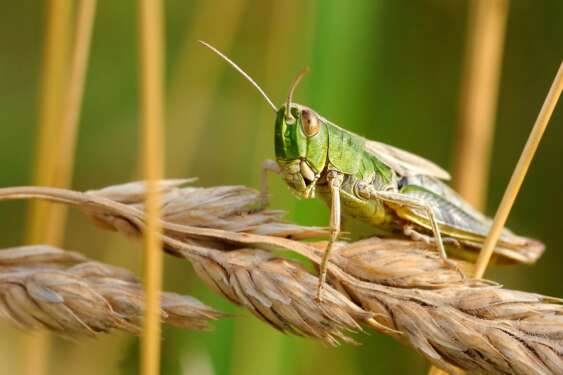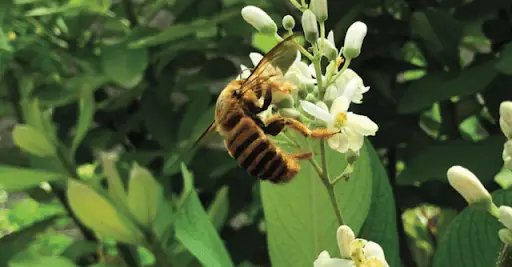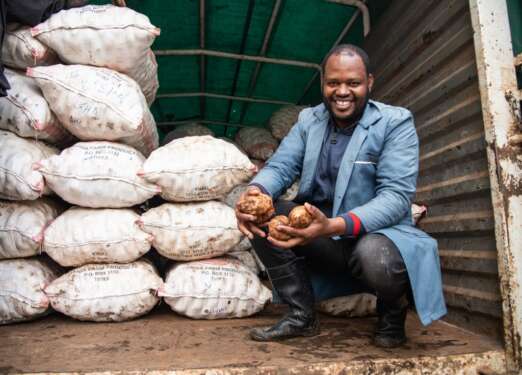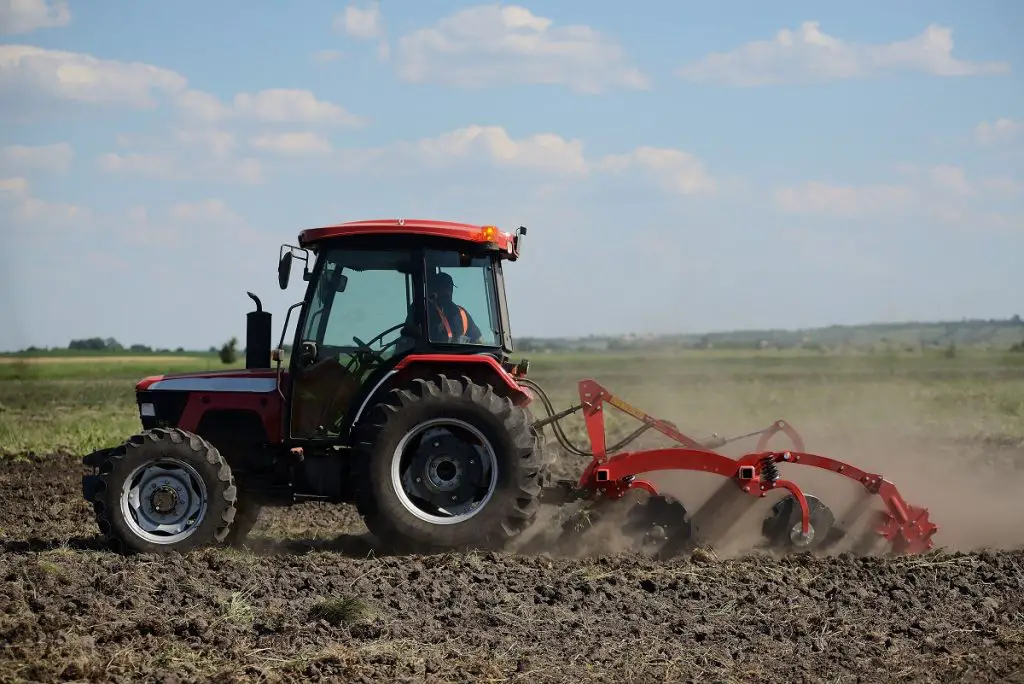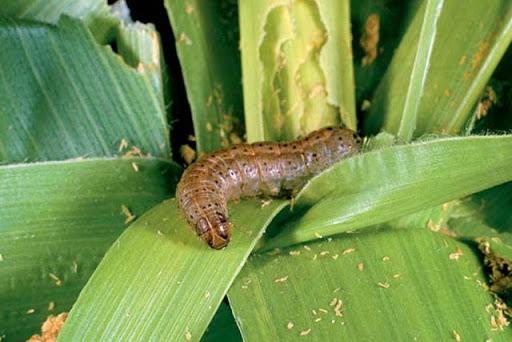- Kenyan Farmers Receive $2M Boost from Africa Fertiliser Financing Mechanism
- Brace for High Interest Rates for a Longer Period World Bank Warns Kenya
- Kenya-Ethiopia Trade Relations: Legislators Advocate for Policy Alignment to Boost Ties
- Visualising the state of debt in Africa 2024
- Abu Dhabi radiates optimism as over 300 startups join AIM Congress 2024
- TLcom Capital Raises $154 million in Funding to Boost Its African Growth
- Africa’s $824Bn debt, resource-backed opaque loans slowing growth — AfDB
- LB Investment brings $1.2 trillion portfolio display to AIM Congress spotlight
Browsing: Food Security
Before the onset of Covid-19, women farmers were already grappling with challenges ranging from access to financing, poor bargaining power as well as the climate crisis.
Women are now bearing the brunt of rising hunger due to Covid-19 as they skip meals so that their children can eat and face rising levels of gender-based violence. This is according to a report by ActionAid. …
East Africa has since late 2019 been fighting swarms of desert locusts which have posed a serious threat to crops and grazing across the region.
The locust plague In Kenya is the worst in 70 years. In the last two months, new swarms have been breeding and hatching leaving farmers devastated as they try to cope with the negative effects from previous pests not to mention the dry spells and floods that hit the region further destroying crops.
“We expect the worst if the young hatch in March and April,” Kelvin Shingles, Kenya Country Director for German Agro Action (Deutsche Welthungerhilfe) said in a press release.
In Ethiopia, Somalia and Kenya, it is reported that up to 38 percent of cropland and 48 percent of pastureland have been affected. 69 percent of households have also suffered losses due to the plague according to the Southern Africa Food and …
There is a certain state of mind where someone is so sure something is true they consider all information as proof, and ignore everything that suggests otherwise. It is how the majority of the world’s population believed the Earth was flat long after measurements showed the curve on the planet’s surface and its changing position relative to the sun and stars.
For, when you want to believe the Earth is flat, facts are only interference.
And so it is with the current fashion for declaring that spraying locusts or any insects that eat part or all our crops is necessarily bad, even when there is no evidence at all that that is the case.
Indeed, so extreme is the anti-pesticide noise that we are in danger of plundering our food output and increasing our dependency on Europe for generations ahead. Some have even have called it the new colonialism, in …
Since covid-19 was first reportd in Kenya in March last year, a series of challenges have affected several sectors. Agriculture sector has not been spared either.
In Kenya agriculture is the engine of economic growth in Kenya. According to data from Food and Agriculture organization (FAO), about 75 per cent of Kenyans earn all or part of their income from this sector.
Agriculture accounts for 33 per cent of the nation’s gross domestic product (GDP). Despite continuous population growth, agricultural productivity has stagnated in recent years. Only 20 per cent of Kenyan land is suitable for farming and that land is not utilized efficiently.
To this end, the United States International University-Africa (USIU-A), through support provided by the International Development Research Centre (IDRC) and Australian Centre for International Agricultural Research through their Cultivate Africa’s Future initiative, has been providing young agripreneurs, aged 18-35 years, with access to business training, finance …
The third cohort of the One Planet Fellowship has been announced. The fellowship under investing in the next generation of African scientists, African Women in Agricultural Research and Development (AWARD) targets high potential scientists in a career acceleration process.
According to a statement from the firm, the US$19.2 million One Planet Fellowship seeks to invest in over 630 agricultural scientists, fostering their leadership expertise, strengthening their research skills, including integrating gender into their work, and catalyzing partnerships in Africa and between Africa and Europe. Since launching the inaugural call in 2019, AWARD has received over 2400 applications and, to date, 89 outstanding scientists from 14 African countries have been offered the One Planet Fellowship.
Selected candidates participate in an intensive, three-year non-residential, career acceleration process and those who complete it will become One Planet Laureates. “The One Planet Fellowship has made me appreciate the critical role of women in science …
Better prepare East Africa: desert locust threat is not over
By Kawira Mutisya
The Food and Agriculture Organization (FAO) is seeking funding to continue with its fight against desert locusts in Eastern African countries affected by the menace.
Ethiopia, Kenya, Somalia and Sudan continue facing a threat from the desert locusts. According to a statement from FAO, action to control unprecedented desert locust infestations in the Horn of Africa last year has succeeded in protecting crops and livelihoods. The UN agency is now seeking $38 million funding to sustain operations against new incursions and continue work in these countries.
FAO says that this is urgent because without this support, the 28 aircraft that patrol the skies to spot and spray swarms could be grounded as early as March.
In the latest desert locust invasion update by FAO, swarms continue to invade the Horn of …
Until early 2019, Omar al-Bashir was the President of Sudan after holding the position from June 30, 1989, to April 11, 2019.
For the three decades he was president, the country had not witnessed an uprising over food in the scale as huge, and widespread until 2018 when the country erupted in violence over the price of bread.
So dire was the need for bread which was unavailable that people could go for days without bread. Not because they could not afford it but because it was simply not there.
Read: Will digital agriculture bring economic development to Africa?
This scenario sounds like a scene from a movie but it is the reality facing many African countries.
The lack of food is getting worse every passing year due to several factors including poor seeds and the ravaging effects of climate change and soil degradation. With the continent whose agriculture is …
The Food and Agriculture Organization of the United Nations (FAO) is increasing efforts aimed at bolstering the global response to Fall Armyworm (FAW), considered one of the top 10 devastating plant pests affecting food and agriculture.
According to a statement from the organisation, the Director-General, QU Dongyu, noted today that great strides had been made by the Global Action for Fall Armyworm Control (GA), a coordination mechanism established by him a year ago, but emphasized that many challenges remain to be tackled in the sustainable management of this pest.
Speaking at a virtual meeting of the Global Action’s third steering committee, the Director-General noted FAW’s reach was expanding, noting that it had been reported in four new countries in Asia and the Near East.
FAW is a voracious transboundary insect which targets maize and other food crops. Originating in the Americas, it invaded Africa in 2016 and has spread …
During the last decade much has been said about the urgency to develop the African agricultural sector to meet the increasing need for food security across the continent. Frequently it is stressed that Africa largely missed the “Green Revolution” since the continent’s agriculture sector did not transform into an intensive arena with modern technologies to increase the crop yield significantly1.
Until today the East African agricultural sector is dominated for 75% by smallholder farmers that apply low farming inputs, traditional technologies and methods, while agriculture remains the backbone of the economy2. This article discusses a reason for optimism, and how a circular economy (aims close the loop of resources through the establishment of restorative and regenerative systems), can contribute to food security and food productivity in East Africa.
Also Read: Food security: Opening markets for smallholder farmers
Africa missed the Green revolution; an opportunity to implement …
A man is dying of thirst yet he is surrounded by fresh water. That is the irony of the African farmer. The African farmer is surrounded by fertile land and two rainfall seasons yet he is poor and has very little yield.
By all accounts Africa should be feeding the world. Most of the continent is miles and miles of fertile land. Since most of Africa is on the equator or just a few degrees above, it experiences tropical weather that is characterized by two high rainfall peaks.
So why does Africa not produce enough food to feed itself and the rest of the world? Simple, Africa’s productivity is in the hands of the smallholder farmer. The smallholder farmer is a poor peasant who uses rudimentary tools to farm.
Faced with the adverse effects of climate change, the farmer no longer has predictable rain seasons. Instead, as is characteristic of …
